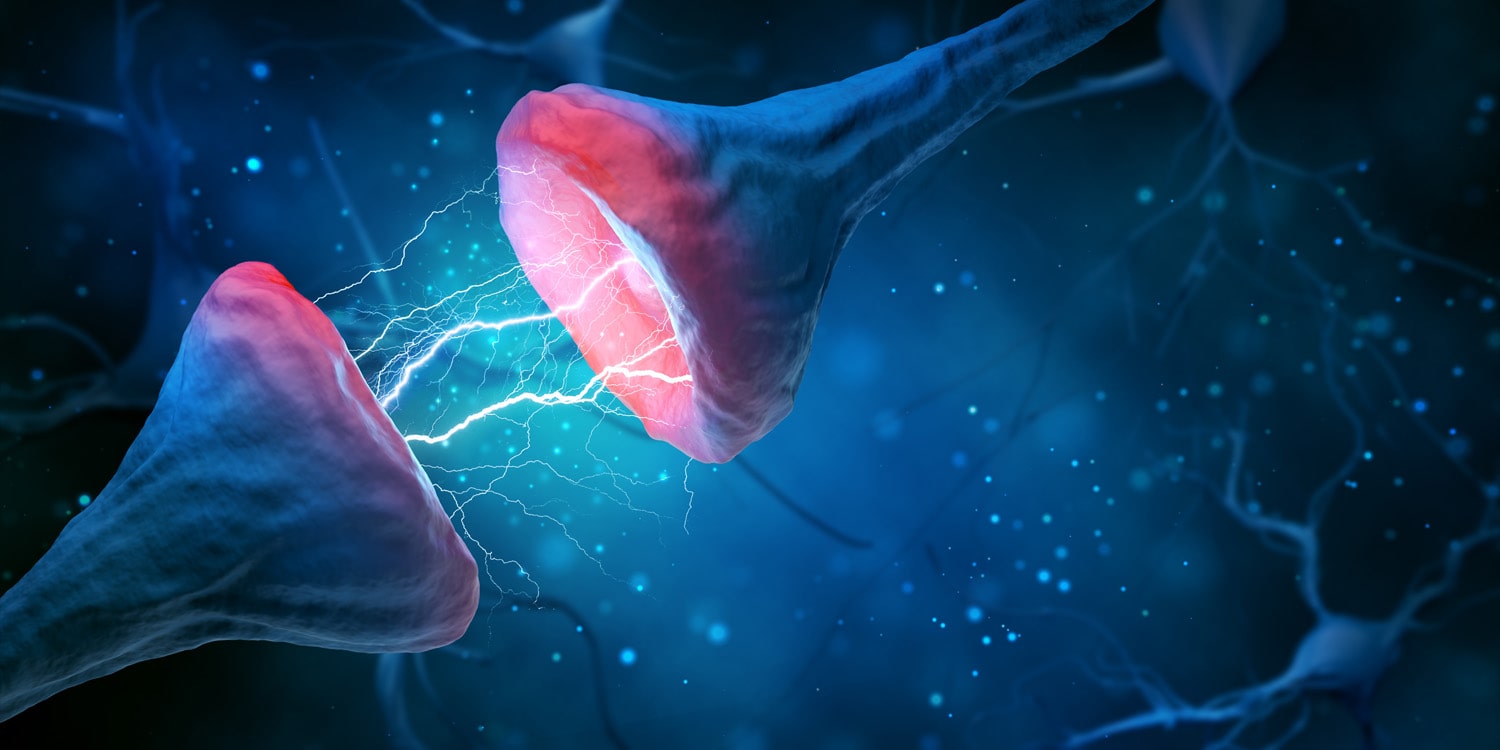Insights on Primate Neuroscience: Effects of Early Maltreatment on Brain Chemistry
The Influence of Early Life Experiences on Brain Development
In a comprehensive study carried out by scientists focused on behavioral neuroscience, the longitudinal impacts of early life maltreatment on rhesus macaques were investigated. These primates provide a valuable model due to their close resemblance to human neurological and social behavior. This research underscores the critical role of caregiving quality in shaping neural pathways and emotional well-being.
Dopamine and Serotonin: The Mood Regulators
Serotonin and dopamine are neurotransmitters playing pivotal roles in mood regulation, motivation, and overall mental health. The study showed that adolescents subjected to early adversity exhibited reduced receptor binding for these neurotransmitters, particularly in the prefrontal cortex and amygdala, which are integral to emotion processing and executive function.
The implications of these findings resonate with the broader understanding of how childhood experiences can predispose individuals to disorders such as depression and anxiety, given the disruption in natural neurotransmission.
"What we learn with pleasure we never forget." - Alfred Mercier. Understanding how early trauma affects pleasure systems can unlock mechanisms to foster resilience.
- Reduced serotonin receptor binding affects mood stability.
- Adolescence is a critical period for brain development impacted by childhood experiences.
- The research bridges parallels to human mental health challenges.

Practical Implications and Further Research
By illuminating the biochemical pathways altered by early stress, this study empowers clinical psychologists and neuroscientists to develop targeted therapies for affected children. Exploring the FDA's drug database could provide insights into potential treatments that boost serotonin and dopamine levels, alleviating long-term repercussions.
A comprehensive guide on serotonin and dopamine receptors may also offer deeper knowledge for therapists and students alike.
From Primate Models to Human Applications
Continuing to study non-human primates serves as a foundational cornerstone in bridging the gap between laboratory research and real-world applications. Such studies illuminate pathways that can potentially translate into therapeutic strategies for children and adults impacted by early life adversity.
To learn more about the methodologies and detailed research data, consider watching the in-depth breakdown provided by leading neuroscientists on YouTube, which explains the nuances in neurodevelopment.
Discovering these connections emphasizes the fundamental need for nurturing environments in early development stages—a crucial take-home message resonant across both scientific circles and public health policy-making. Engage with more content by visiting our PsyPost for continuous updates on breakthrough neuroscience research.
